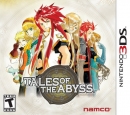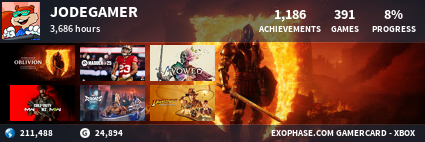AAA definition is very simple:
A lot of money.
A lot of time.
A lot of resources.
It is a classification term for video games that is roughly the equivalent of the film class blockbuster.
A bit of an addition: in almost all cases, a highly paid staff of business-minded producers have most of the creative control.
To expand a little. It's also a part of the industry. The strategy is to create a game, put it out, see if people buy it by the millions. Then dump millions more dollars and people into multiple sequels simultaneously in development so the cadence of release can be higher than simply completing one game after another. In addition, there's a lot of "pipelining" where there are people who have specific roles in the development process, and then when they are complete, they move on and begin the same job on the next game (employees on the development pipeline are like replaceable parts). These are, more or less, Producer games where the designers don't have much control over anything except getting the documentation down, the artists must follow the templates, as all art and design are controlled by lawyer-like producers who are more interested in the financial sales goals than the art form. This is basically what happened with Call of Duty and Assassin's Creed. The film industry is very similar as well. It's also why most AAA and blockbusters seem to have really cool looking scenes, but the originality of a cardboard box with a different coat of paint on it - it may look vastly different on the surface, but underneath it's the same sort of box. There's nothing incredibly sinister about this pipeline/producer model, it has been used in franchised TV programs since at least the 1950s; what it does do is create consistent themed content for consumption and generate revenue through niche exploitation as most people prefer repetition of what is familiar to them; and it is much less reliant on being a work of art as it is much more constrained - this is why earlier TV shows tend to have more satisfying content in the earlier series despite the earlier not necessarily being objectively better than the later; it's because people look at it and see "this is really good, but I've seen this box before. This earlier box is the original."
What are the precise values of money, people, and resources to make a game AAA? Like the blockbuster film, it's mainly arbitrary and ever-changing. And similar to blockbuster films, the precise definition of AAA games are always going to have people debating. "Is Godfather a blockbuster film or not?" "How about Taxi Driver?" "American Beauty?" etc...
Last edited by Jumpin - on 30 July 2018
































































